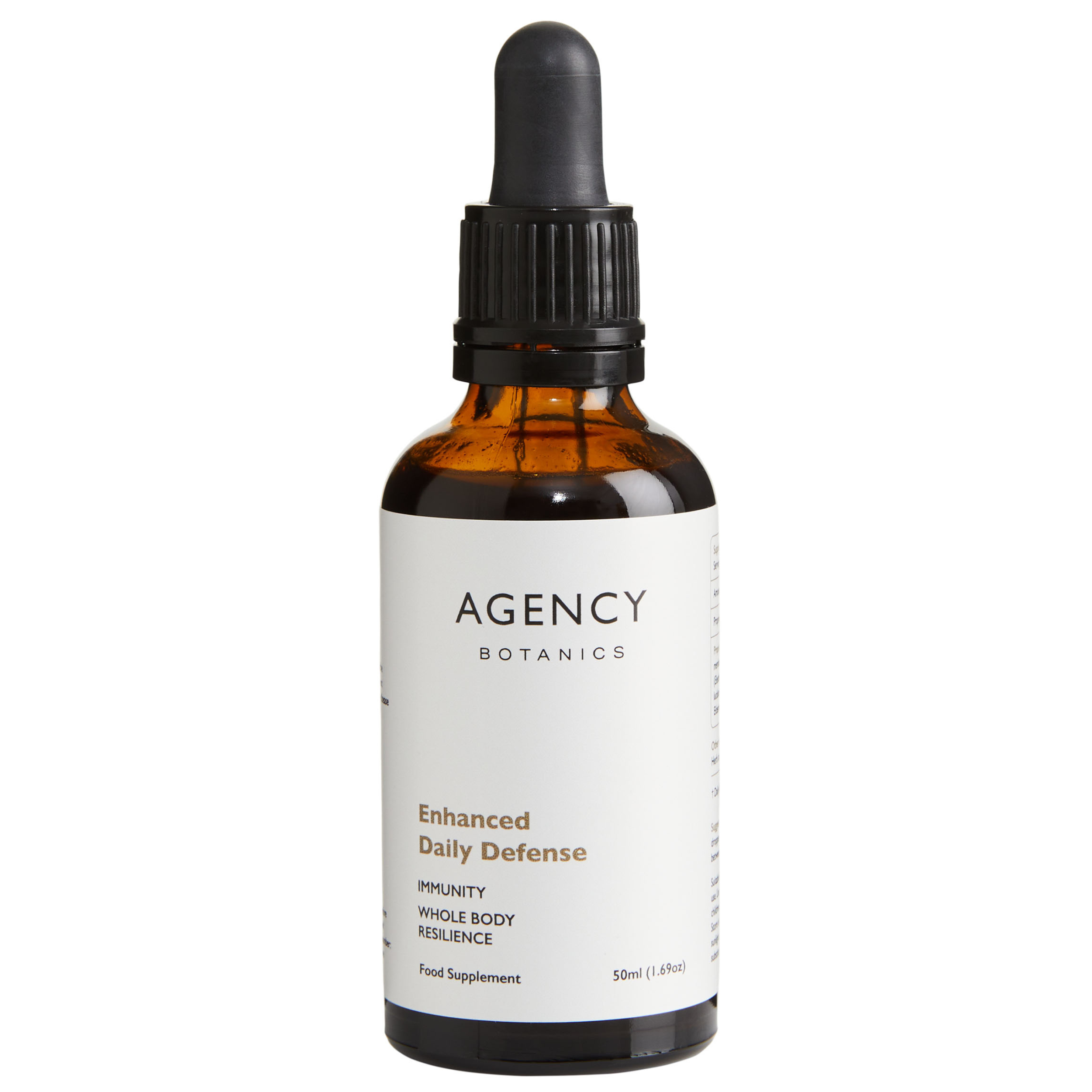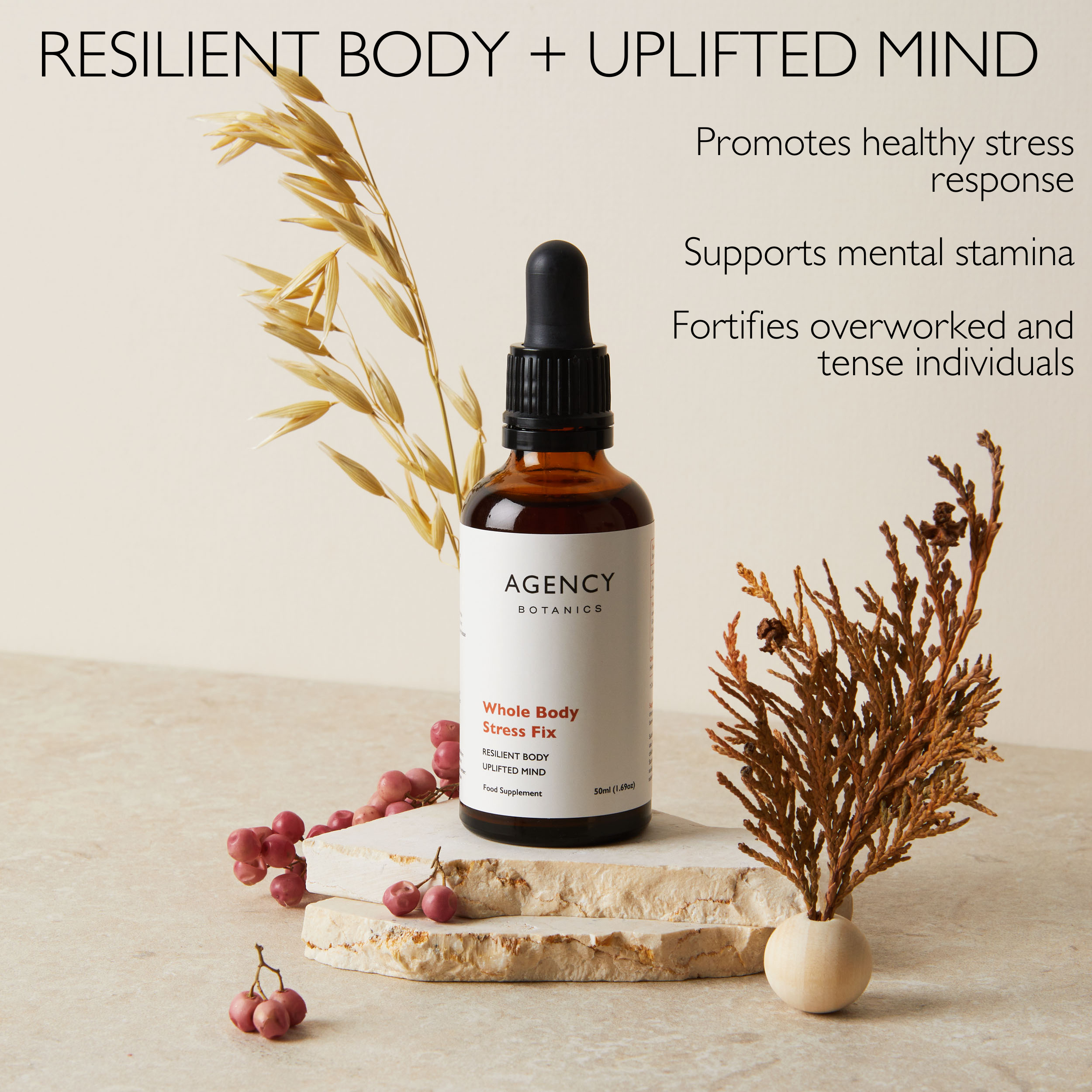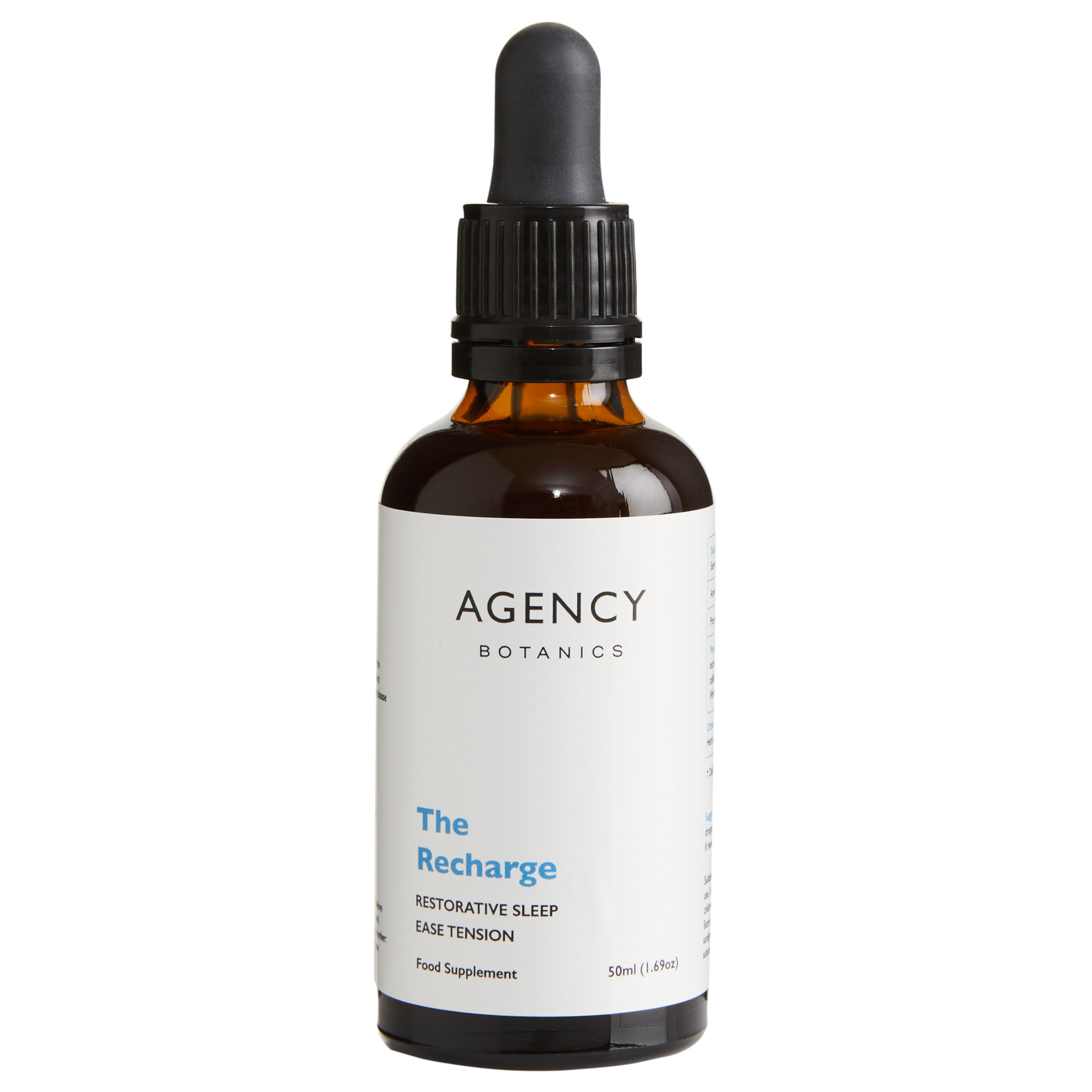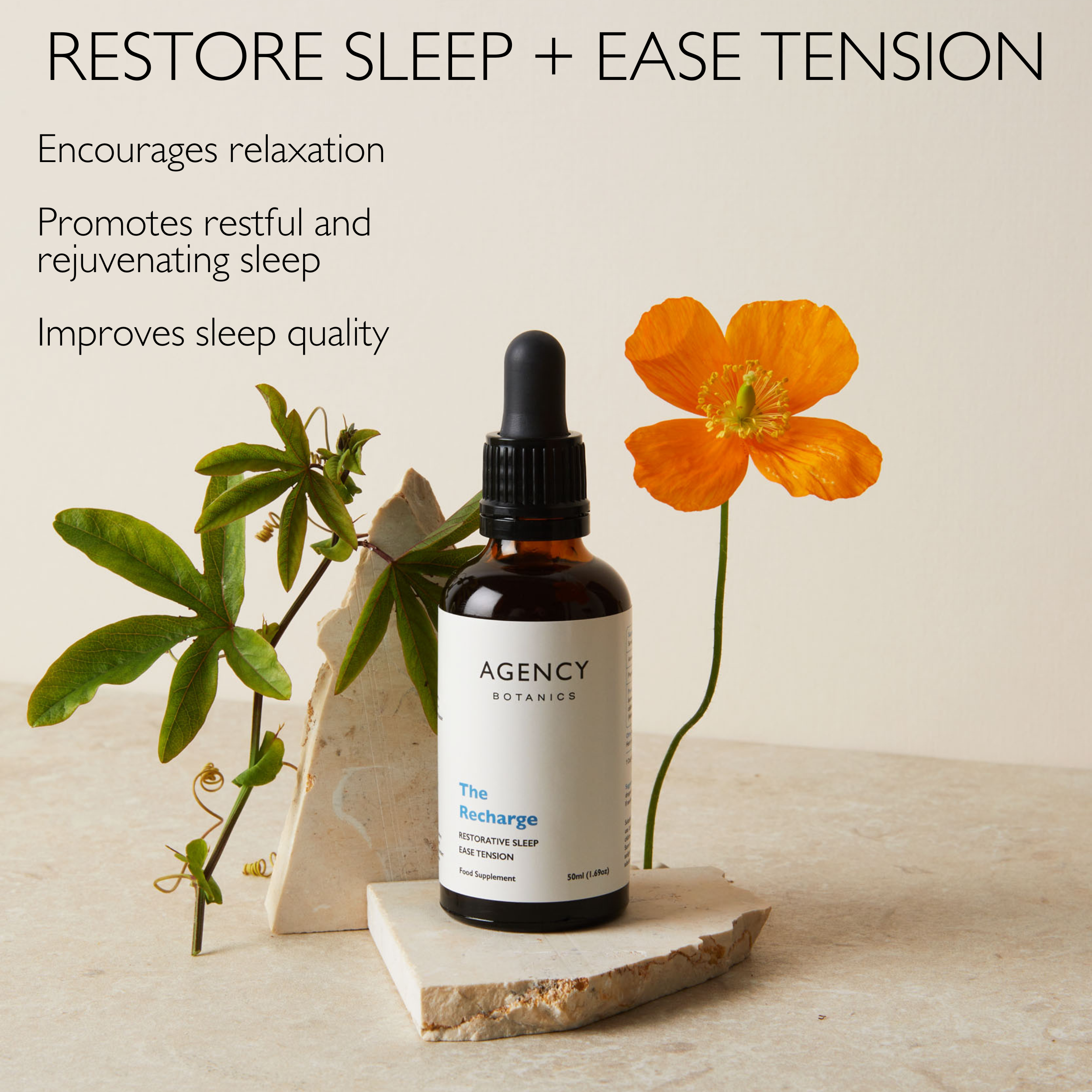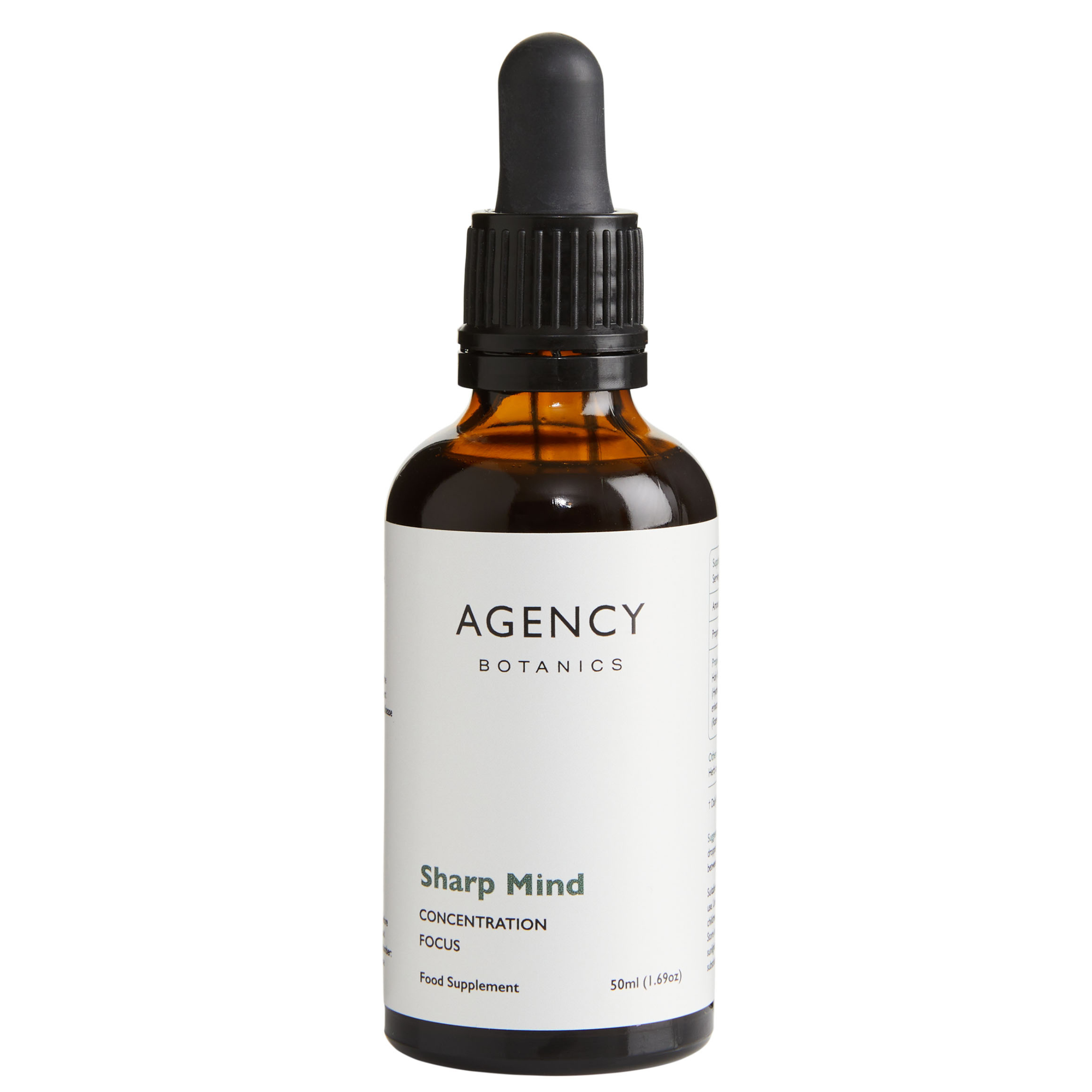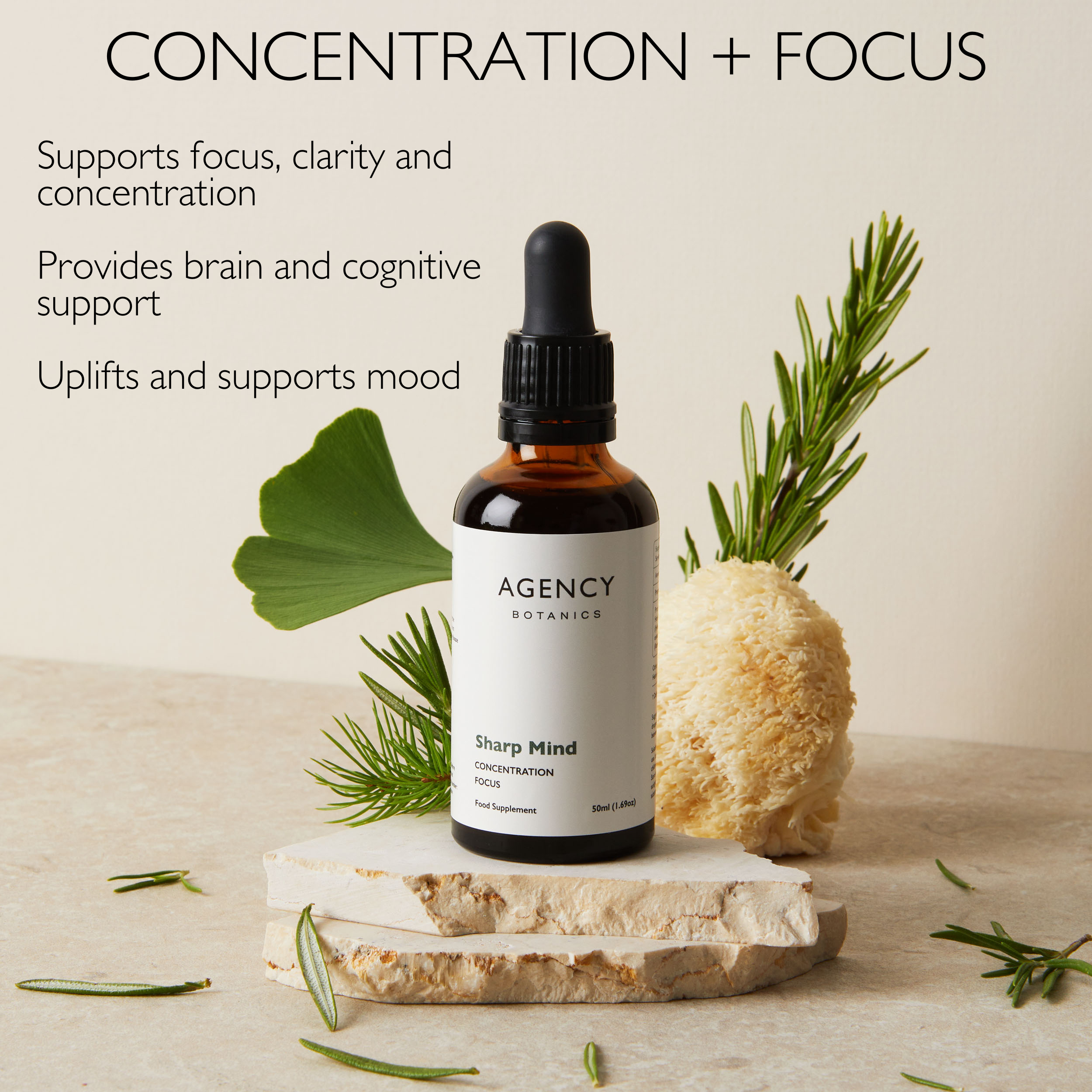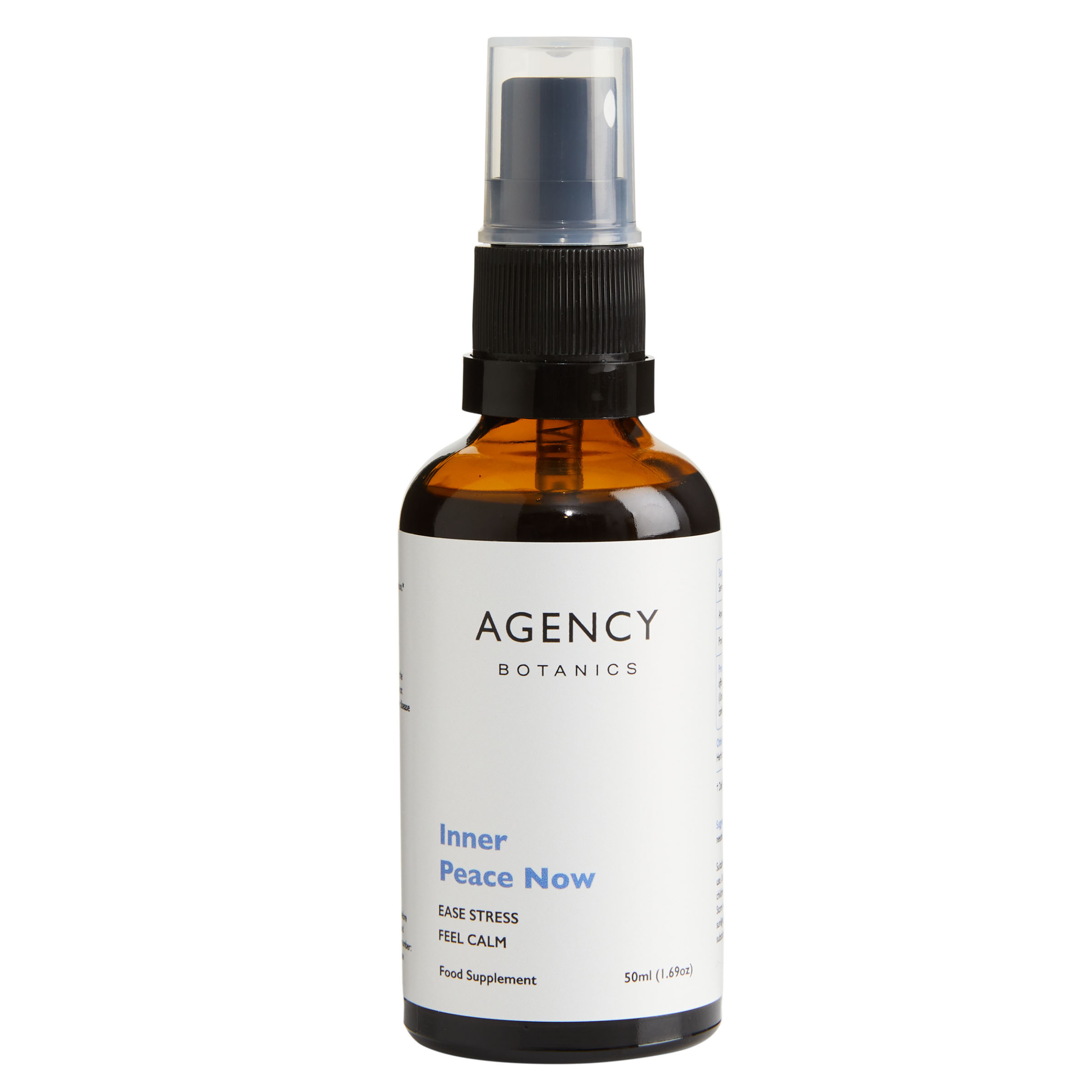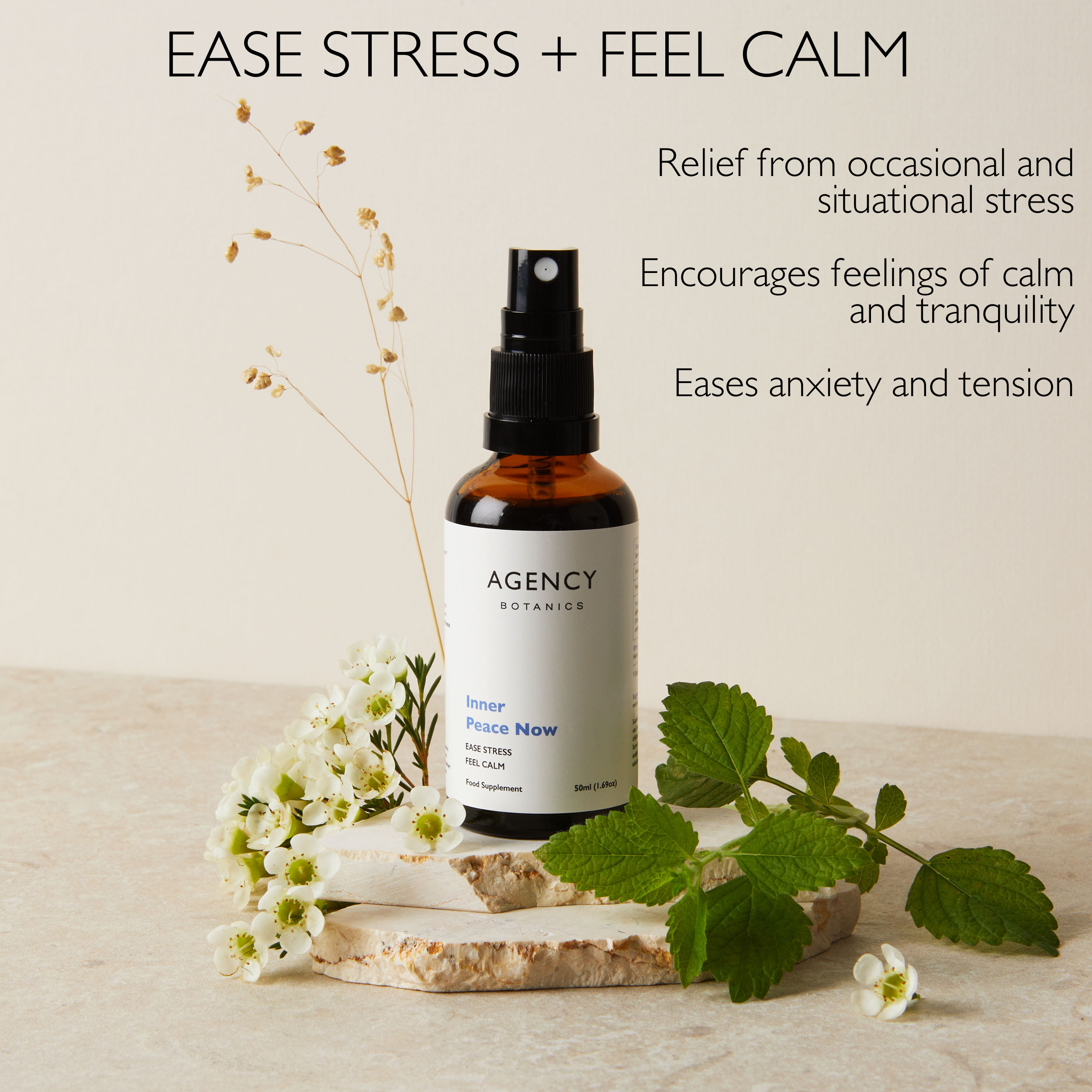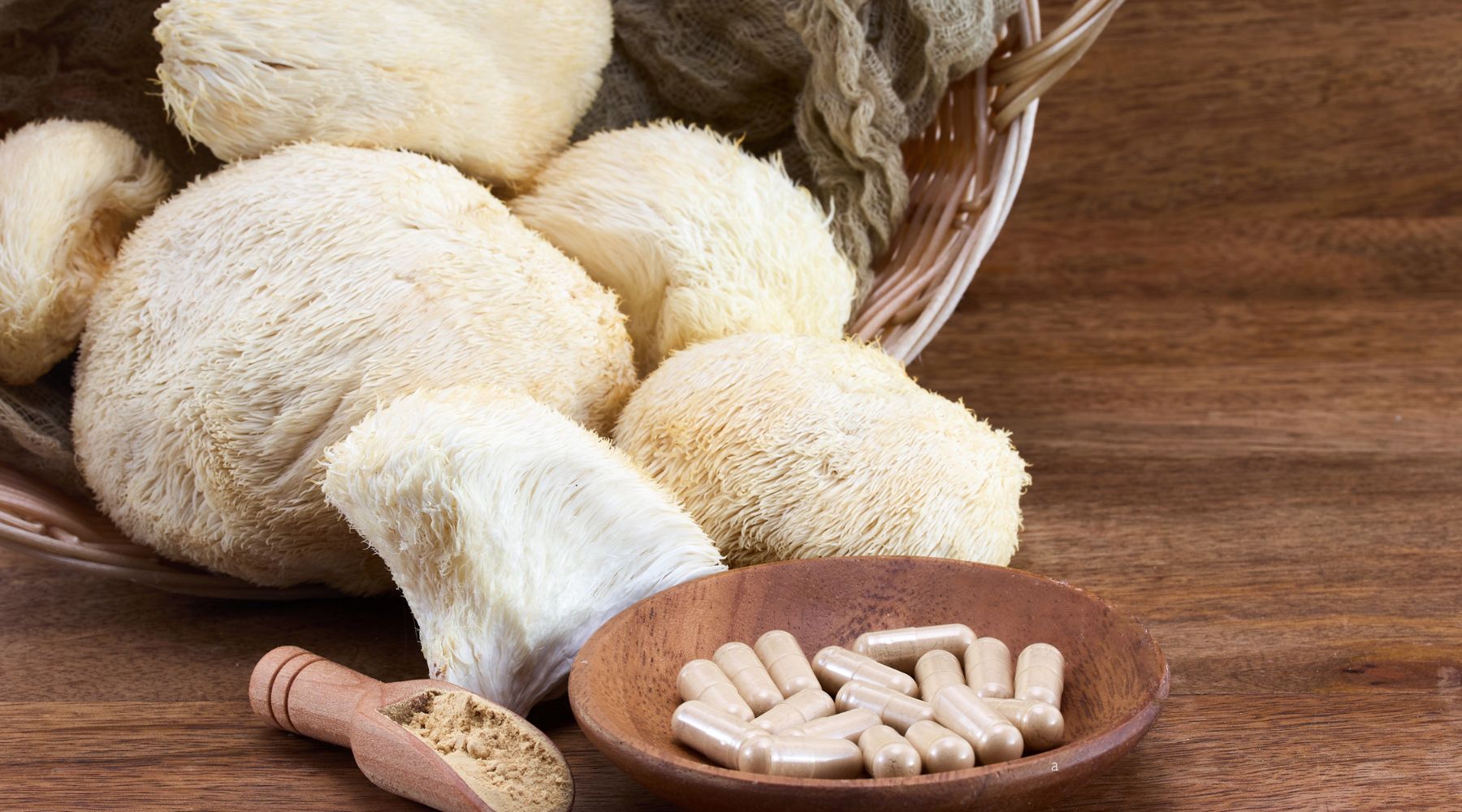Article: Six reasons your herbs don't work
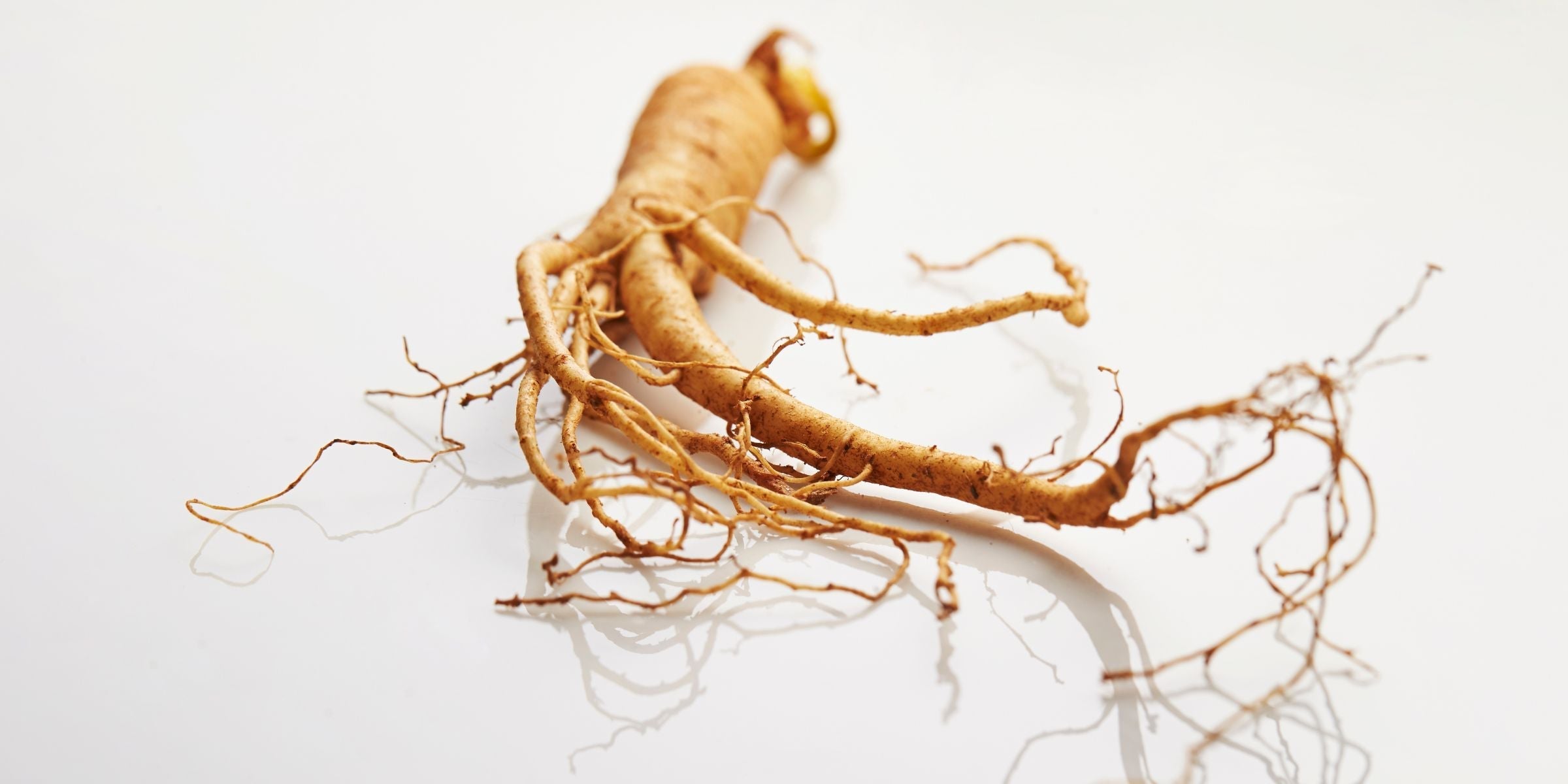
Six reasons your herbs don't work
Want to discover the full potential of herbal remedies? It's not as simple as taking a pill. Many factors impact how your body responds to herbs. This article covers the most common mistakes people make with herbal medicine, and how to ensure you're getting the most out of your natural wellness routine.
The wrong dose
Herbs need to be taken at the correct dose, frequency, and duration to have an effect. Just like pharmaceuticals, herbs contain active compounds that require a specific concentration to elicit a therapeutic effect. Taking too little, too infrequently, or for too short a period will likely yield minimal to no results.
For instance, our Whole Body Stress Fix formula is designed for consistent, regular use. Taking it sporadically won't allow the herbs to elicit an effect and regulate your stress response. Think of it as training your body to adapt, and like any training, consistency is key.
Conversely, taking excessively high doses can lead to unwanted side effects. Always follow the recommended dosage and consult with a qualified herbalist for personalized guidance.
The wrong format
The method of preparation significantly impacts the bioavailability of herbal compounds and constituents. Different plant parts contain different phytochemicals, and these compounds are extracted most effectively through specific methods. For example, the robust cell walls of roots, berries, and mushrooms often require the solvent power of alcohol in a tincture to release their beneficial constituents.
On the other hand, aromatic leaves and flowers may lose their volatile oils when subjected to the prolonged process of tincturing. These herbs are often best enjoyed as infusions (teas), where hot water gently extracts their water-soluble compounds.
Choosing the correct format ensures you're maximizing the potency and efficacy of your chosen herb. Using a root as a tea, will not extract the correct medicinal properties.
Poor quality
The quality of your herbs directly correlates with their therapeutic potential. Herbs grown in depleted soils, exposed to pesticides, or harvested at the wrong time will lack the vital compounds needed for healing. Similarly, improper storage, such as exposure to heat, light, or moisture, can degrade the potency of herbs over time.
Powdered herbs are the least effective way to take herbs because they often have a shorter shelf life due to accelerated oxidation and decreasing potency. Always source your herbs from reputable suppliers who prioritize organic cultivation, ethical wildcrafting, and proper storage.
Using herbs as a quick fix
Some herbs have a quick response in the body, but most don’t work like pharmaceuticals. Herbs are complex and contain many synergistic phytochemicals. Many herbs need to be taken over longer periods of time to show their full effect.
Herbs are complex and contain hundreds of synergistic compounds that work together to restore balance in the body. This holistic approach takes time. Think of it as nurturing a garden – it requires patience, consistent care, and time for the plants to flourish. Embracing the gradual nature of herbs allows for deeper, more sustainable well-being.
Using herbs as a band aid
Addressing the root cause of health challenges and imbalances are important. Herbs can be powerful allies on your wellness journey, but they are most effective when integrated into a holistic approach.
Sleep, nutrition, exercise, stress management, and emotional well-being all play crucial roles in overall health. If these areas are neglected, the benefits of herbs may be limited. For example, taking an herbal sleep aid won't be as effective if you're consistently consuming caffeine before bed or engaging in stressful activities before sleep. Herbs work best when they support a foundation of healthy habits.
Sometimes herbs just don’t work
The human body is incredibly diverse, and what works wonders for one person may have little to no effect on another. This individuality is a fundamental principle of herbalism. Factors such as genetics, metabolism, gut microbiome, and overall health status can influence how your body responds to herbs.
If you find that a particular herb isn't working for you, don't be discouraged. Instead, consider exploring other options, consulting with a qualified herbalist, or investigating potential underlying causes. It’s also important to consider the possibility of interactions with medications, or other health conditions. A problem with the thyroid, for instance, can cause many of the same symptoms as a vitamin deficiency. Understanding the root cause of your health challenges is essential for effective and personalized healing.
Agency Botanics and its materials are not intended to treat, diagnose, cure or prevent any disease. All materials are provided for educational purposes only. Always seek the advice of your physician or another qualified healthcare provider for any questions regarding a medical condition, and before undertaking any diet, exercise, or other health-related programs.


